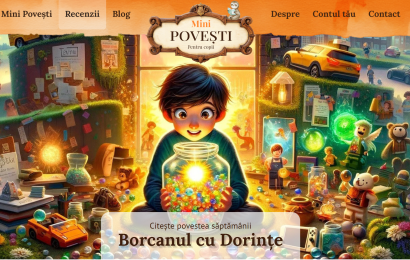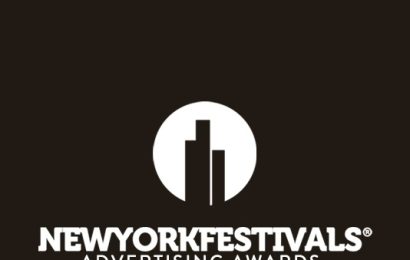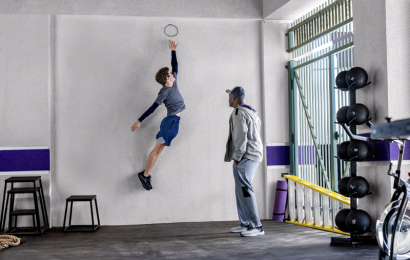How To Win An Effie – Andrei Balan (MRM // McCann)
After last year’s successful series “How To Win An Effie“, we decided it’s time to continue it this year as well, bringing you even more info on how to prepare for the most famous international competition celebrating efficiency.
We started this process with Hortensia Nastase, Vice-President Creative Services MullenLowe Romania. Today, we present you Andrei Balan‘s, Head of Strategy & Social Media at MRM // McCann perspective, member of Effie 2019’s Jury.
AdHugger.net: What are the most important to dos when being part of the Effie Jury?
Leave home any preexisting affinities (admit it, you have them). Zone out, read the cases carefully and judge only upon what’s written on paper and the category definition. Think about the scale of the challenge, the availability (or scarcity, for that matter) of the ways to solve it. Think about the strategic solution, the creative deployment and the truthful business achievement. Then speak your mind and don’t be afraid to bring your background and personality to the table. That’s the whole point of having people of different kinds in the jury. Be objective, stick to your point and don’t fall into the trap of reflecting the opinion of the most vocal jurors.
AdHugger.net: How has your professional experience and judging in other festivals’ experience helped you?
My professional experience definitely helped. To get invited, first of all. Some cases can get pretty complex and nuanced. And the conversational „decryption” within the judging process can sometimes get pretty deep and interesting. And that’s something you won’t find in most other festivals. Every time I leave the Effies feeling a bit smarter. Which is obviously not the case. So I guess this experience helped me in judging for other festivals more than vice-versa.
AdHugger.net: What are the main Dont’s?
Judge upon the hard facts and category specifics, not your preexisting opinion. Don’t take into account (or speak about) the case author. Look mostly at what’s written in the case. Don’t be shy about sharing your point of view. And leave space and time for others to do the same.
AdHugger.net: How should one prepare for the judging days?
First, you’ll need a pretty solid understanding of the market sectors you’ll be judging. Second, if talking about a certain communication medium, you’ll need a genuine understanding of the behavioral particularities within. I find people often miss the bare basics. If you don’t have that you’ll either misjudge or let yourself be influenced by the other jurors that are more vocal or seem to know better. Sadly, marketing is a field where many people seem to know better, but actually don’t. So you may end up misjudging anyway.
AdHugger.net: What piece of advice would you give to somebody judging for the first time at the Effies?
Make sure you’re not following or amplifying the wrong (people’s) opinion because you’re too shy to have your own.
AdHugger.net: What would you say that are the main ingredients of winning an Effie trophy?
First of all, a real campaign with a real story and real impact. Then you’ll need a good grasp on all the relevant data, as they may often be hard to get. Clarity and good writing will then help in telling a charming and compelling story. Every case has is weak points. It’s always better to be transparent about those in the written case than risk giving the jury the satisfaction they caught you. Which usually tends to happen.
AdHugger.net: How important is the way you write your study case?
The jury time for reading the cases is always limited. A bad or unnecessarily complicated writing will risk not only obscuring the story, but forcing some jurors to stop reading halfway through the case.
AdHugger.net: Have you seen good campaigns that failed to win due to a bad case study writing? Why?
I’ve judged almost unreadable cases and I can hardly remember what they were about, not to mention how good they were. Bad writing will choke any story. On the other hand, good writing, albeit important, is far from enough. If that were the case, copywriters would write Effie cases more often.







